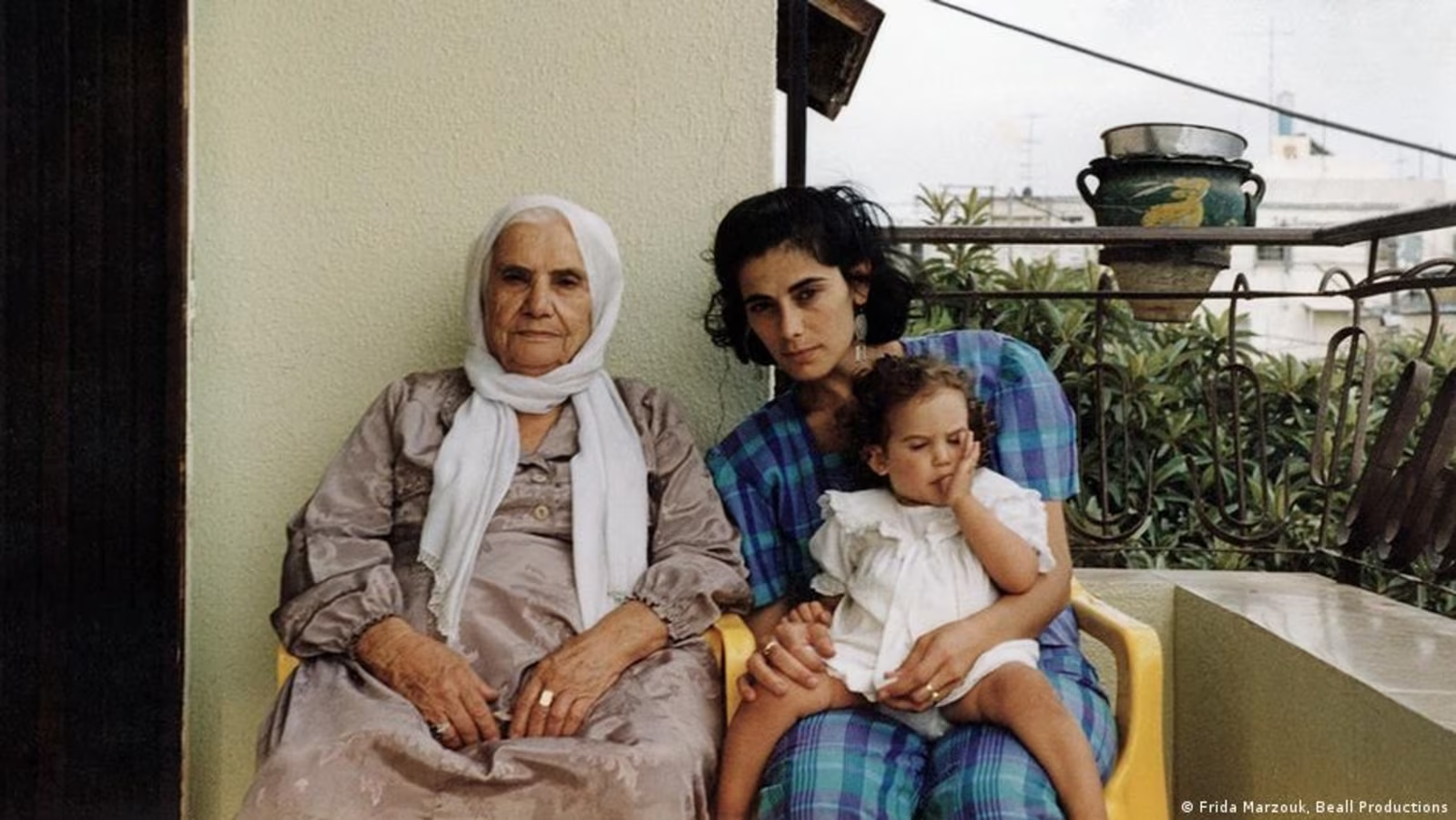Arab Film Festival
BONN: In 2023, organizers of the ALFILM – Arab Film Festival Berlin emphasized that discussing Palestine in Germany should not require bravery.
However, a year later, amidst ongoing Israeli actions in Gaza, holding a festival highlighting Palestinian perspectives posed a heightened risk.
Pascale Fakhry, the festival director, expressed the daunting nature of the task, given the current climate, stating it felt like a daunting endeavor rather than an act of courage.
Despite the challenges, the ALFILM festival, renowned as Germany’s primary cinema platform representing Arab culture since its inception in 2009, persisted. Running from April 24-30, the event faced considerable tension, as Fakhry described everyone as being extremely on edge.
Incidents such as police inquiries about the festival at one of its venues, City Kino Wedding, added to the atmosphere of apprehension. When authorities questioned the event, Fakhry highlighted the festival’s history and transparency, leading to their embarrassment.
The broader cultural sector in Germany has experienced cancellations and postponements due to perceived support for Palestinians or statements critical of Israeli actions, contributing to the atmosphere of caution. Concerns about rising antisemitism further exacerbated the situation.
Acknowledging the sensitivity of certain terms in Germany, the festival organizers held briefings with international filmmakers to discuss potential triggers while affirming the space as one of freedom of expression.
This year’s festival spotlight section, titled “Here is Elsewhere: Palestine in Arab Cinema and Beyond,” reflects the current conflicts.
French-Palestinian-Algerian filmmaker Lina Soualem’s documentary, “Bye Bye Tiberias,” which delves into her family’s Palestinian history, opened the festival.
She emphasized the inherently political nature of Palestinian stories and the importance of reclaiming narratives to combat dehumanization and marginalization.
Soualem’s documentary underscores the festival’s mission to amplify marginalized voices and preserve collective memory. In a climate where lives and stories are being erased, cinema serves as a vital tool for remembrance and resistance.
I am a dynamic professional, specializing in Peace and Conflict Studies, Conflict Management and Resolution, and International Relations. My expertise is particularly focused on South Asian Conflicts and the intricacies of the Indian Ocean and Asia Pacific Politics. With my skills as a Content Writer, I serve as a bridge between academia and the public, translating complex global issues into accessible narratives. My passion for fostering understanding and cooperation on the national and international stage drives me to make meaningful contributions to peace and global discourse.










